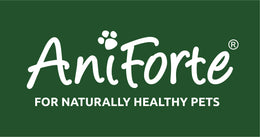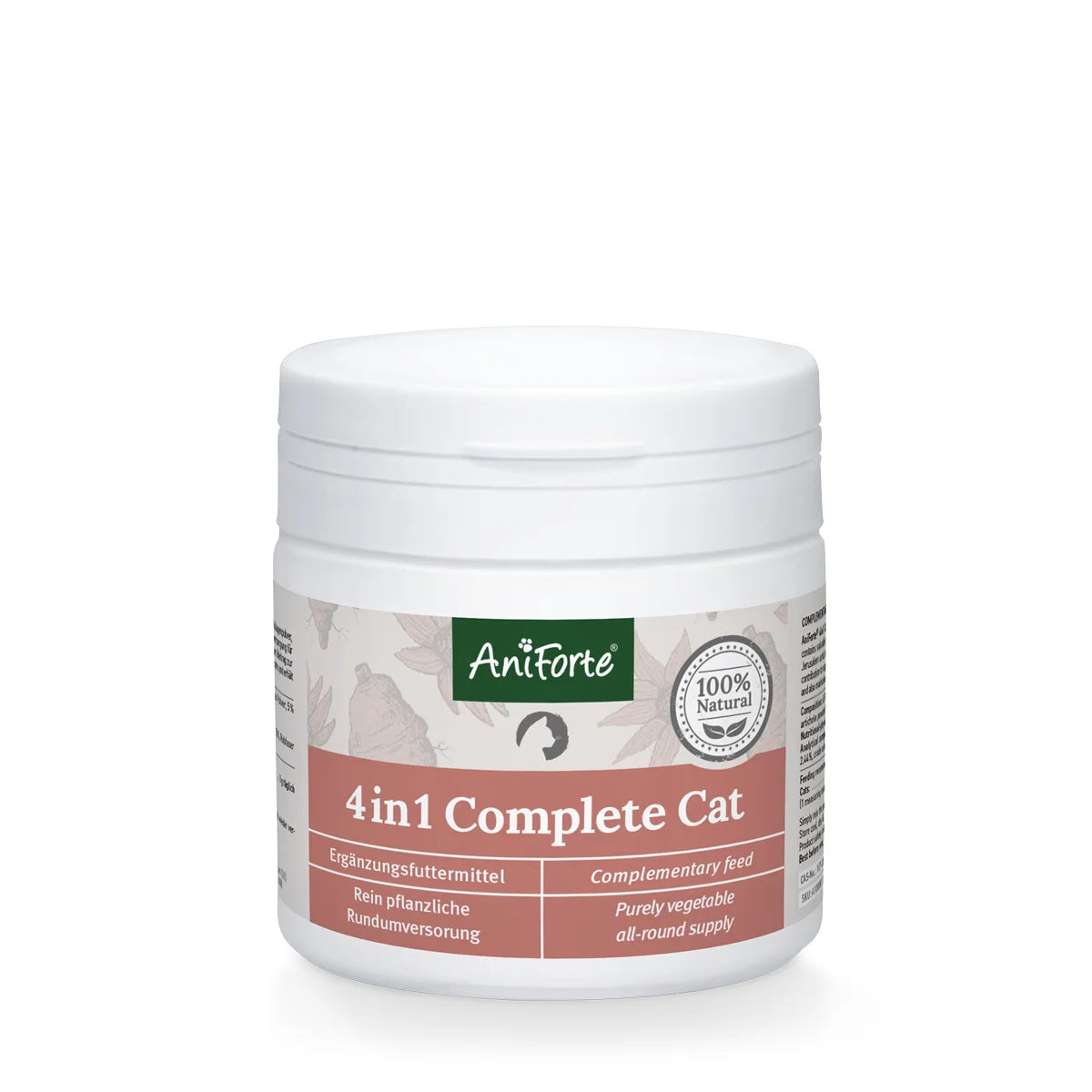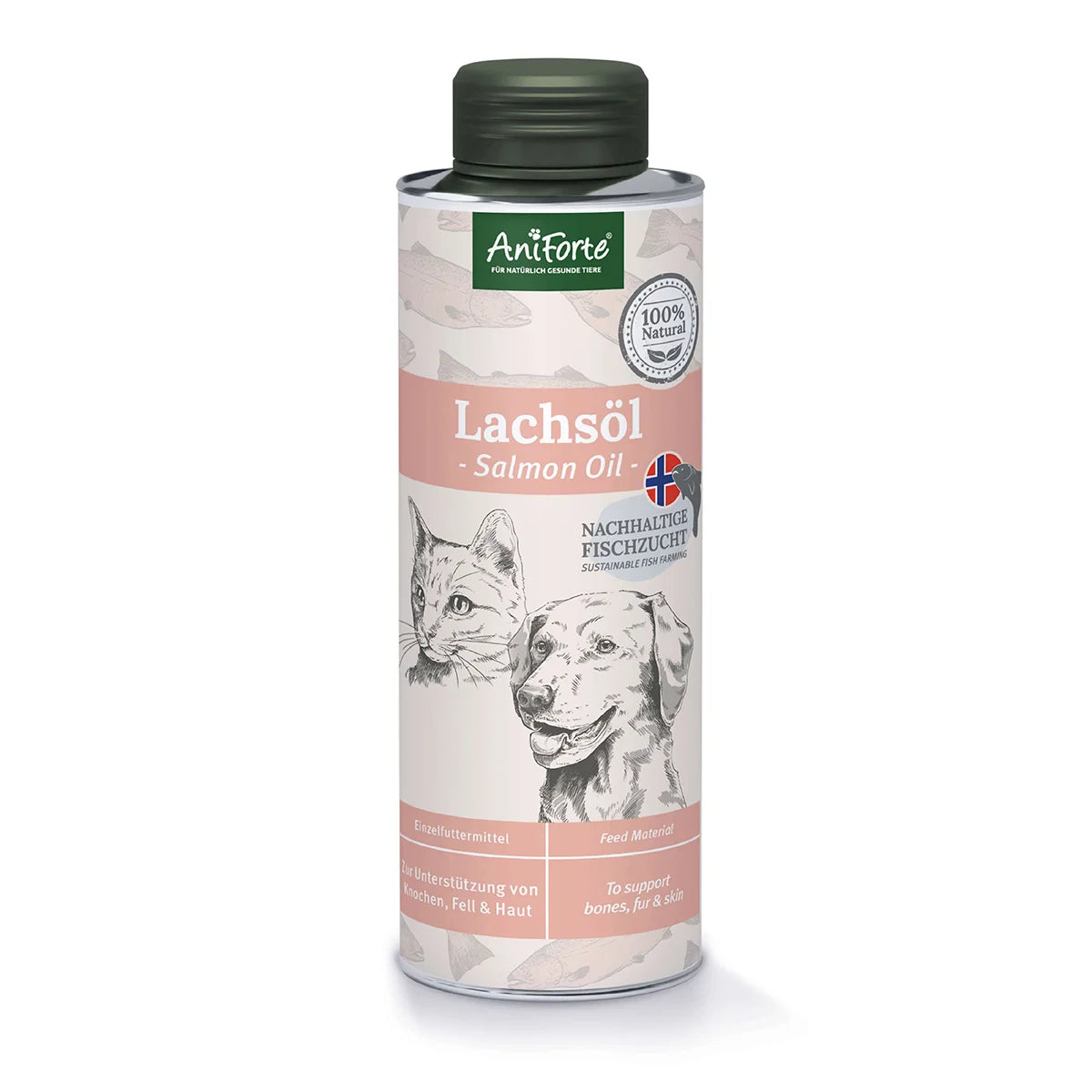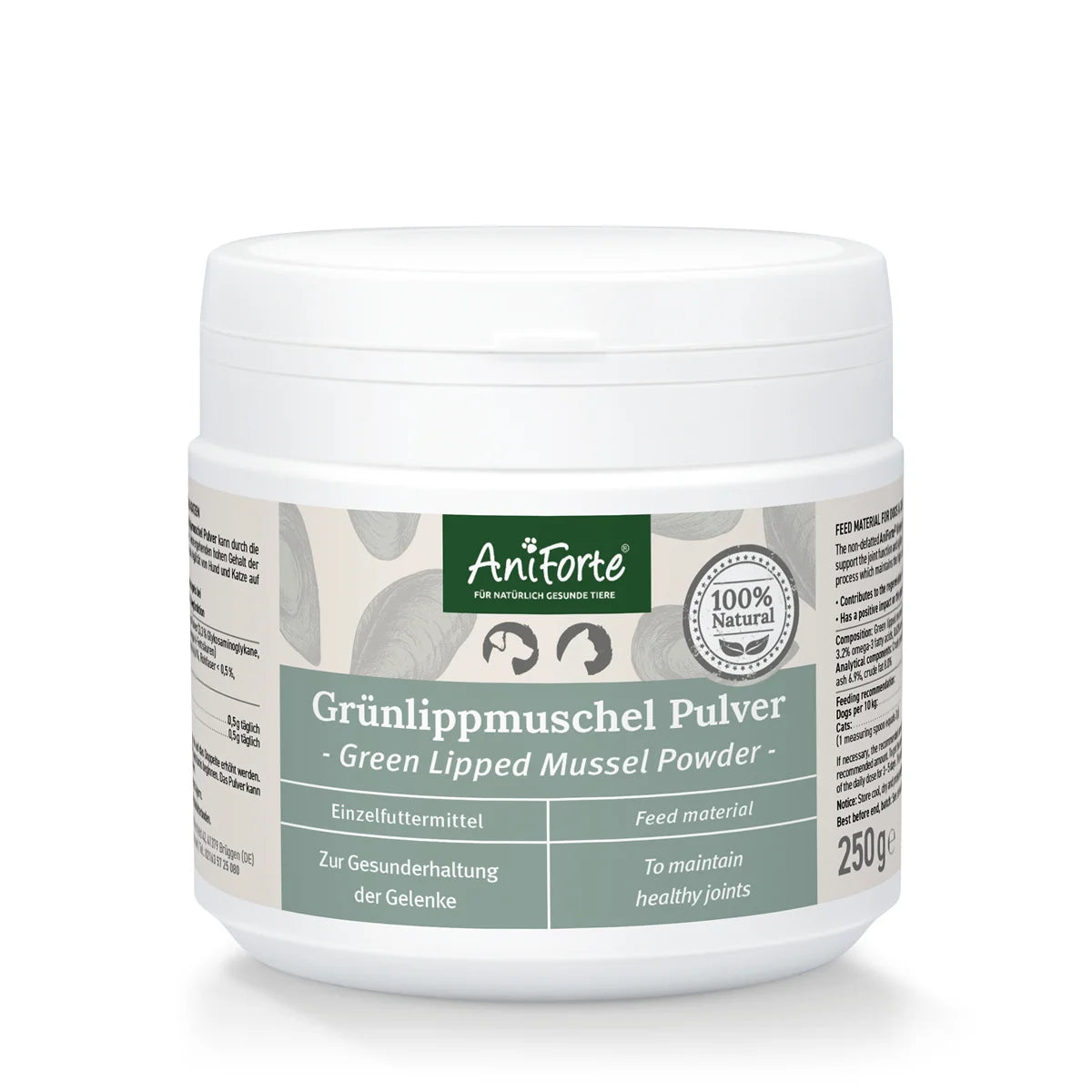
As we are getting into the colder season, have you thought about how you can strengthen your dog's immune system? And is that even necessary? Today, we explain the function of your dog’s immune system and when you should provide a booster.
Introduction
The dog's immune system has the task of protecting the organism from intruders, pathogenic cell changes and pollutants. It is the body's defense system that works on several levels and has to fend off a large number of germs, bacteria and viruses every day.
A strong immune system works very effectively and specifically. While protecting intact cells, it attacks dead cells and pests and destroys them before they can harm the body. An intact immune system in a dog is as strong as the organism’s resistance to diseases. Numerous diseases in dogs can only develop when the immune system weakens. Various organs, cells and endogenous substances are the players in a complex interaction. The immune system consists of two defense mechanisms, the unspecific defense and the specific defense:
Unspecific defense (innate) - every dog is born with an unspecific defense, and the strength of this defense varies from animal to animal. These immune cells, also called “phagocytes” or “killer cells” intuitively attack pollutants, germs and other pests.
Specific defense (acquired) - This defense is acquired over the course of life when the immune system learns and specifically produces antibodies against pathogens that it has already got to know. The specific defense is usually getting stronger over the dog’s lifetime.
Both of the body’s defense systems are closely linked and support each other. If the system is intact, it is the first barrier to effectively ward off possible pathogens.
When does the dog's immune system need support?
External influences can weaken your dog's immune system. It is important to watch out for signs of weakening defenses and to take countermeasures at an early stage. The following factors can have a negative impact on your furry friend’s immune system:
- In puppies and young dogs, the specific immune system is still very inexperienced. The immune defense is mostly limited to the innate immune system. Nevertheless, the little rascals come into contact with many pathogens. Dog school, puppy play lessons, and walks are proven activities for a lively exchange of bacteria and germs. Natural support strengthens the young immune system and makes it more resistant.
- The immune system is also attacked or even suppressed by some drugs, especially antibiotics. Although this side effect is desirable in certain diseases, the consequences can be infections and inflammations in the body. Therefore, after taking antibiotics, both the dog's gastrointestinal tract and the dog's immune system should receive an extra portion of restorative food.
- Parasites also have an impact on the immune system. The pests attack the intestinal flora and feed on the body of your furry friend. A mite infestation in dogs is often the result of a weak immune system. This is why you should not only eliminate the parasites as quickly as possible, but also boost your dog’s defense system.
- With age, not only do our dogs lose some of their strength and agility, the immune system is no longer as stable as it used to be. Organs and metabolism shift down a gear, so older dogs need more support for their immune system.
- If your pet has chronic infections or chronic diseases, the immune system has to work harder. It runs at full speed trying to fight the infections and heal the organs. Additional support with immune-strengthening agents helps the organism to counter chronic infections.
Strong gut means strong immune system
One of the most effective organs of the immune defense is the intestine, in humans as well as in dogs. Around 70 - 80% of immune cells are located in the body’s longest organ. You may say that the intestinal area is the central command point for an intact immune system.
The intestinal mucous membranes protect the body from unwanted pathogens and binds them so that the attackers can be flushed out of the body. This is also one of the reasons why adequate hydration is essential for a healthy body.
In addition, the intestine has its own microbes that play an important role in combating harmful substances and other pests. The more “good” bacteria colonize the dog's intestines, the fitter the digestive tract and the immune system as a whole. An unbalanced diet, insufficient nutrients or poor food lead to the death of the valuable intestinal bacteria and at the same time weaken the immune system and consequently the health of your furry friend.
In order to rebuild the intestinal flora, an appropriate diet should be offered. Prebiotics such as AniForte® Morosan are the food for good bacteria in the dog's intestines and support intestinal health and a normal immune system. Such natural prebiotics should be given for several days, especially at the beginning.
Another proven remedy for building intestinal health is the Healing Moor Mud for dogs. It contains high levels of humic acids, which are known to aid digestion and stimulate gastrointestinal activity. This organic matter also has immune-strengthening properties.
The basis for a healthy and active intestine is still the right food. The composition of the individual nutrients is particularly important.
The right food for strong defenses
The basis of a species-appropriate and vitamin-rich diet for dogs is the food, because it plays a crucial role in the proper functioning of the stomach and intestines as well as for the support of a strong immune system. Nutrient-rich feed strengthens the gastric mucosa, good bacteria and immune cells can multiply and nutrient deficiencies are prevented.
With unnatural feed, on the other hand, you risk a lack of important nutrients. Synthetic substances in the feed that cause illness attack the intestinal mucosa and the intestinal wall becomes more permeable. The immune system can no longer fight intruders as well and they penetrate the organism more easily and cause infections.
We recommend using high-quality natural dog food without any synthetic vitamins or minerals, flavour enhancers or preservatives, because natural substances have a better bioavailability and can be optimally utilised by the organism. In addition, the dog food should contain valuable fibre, which serves as food for the good bacteria in the intestine.
In addition, the dog food should be easy to digest and, of course, be tailored to the dog's needs. For example, if your darling is a Labrador, we recommend food for Labradors that consists of lean meat, taking into account this breed’s tendency to become overweight.
In the case of Australian Shepherds, on the other hand, the high energy requirement must be taken into account. If the dog food for Australian Shepherds does not meet the animals' nutritional needs, it may lead to a weakened immune system, malnutrition and secondary diseases.
In order to strengthen your dog's defenses in a natural way, you can do a few other things besides offering natural, nutrient-rich food:
- Regular walks
- Get enough sleep and rest
- Avoid stress and overexertion
- Sufficient water intake
- Immune-boosting feed supplements (see below)
- Regular health checks at the vet
As with us humans, stress and excessive demands affect our dogs' health. Sufficient rest breaks between activities, an appropriate supply of fresh water and natural food supplements support the dog's immune system. Tried and tested medicinal herbs and roots can work wonders and should also be given as a booster if the immune system is weak.
What can we offer you to support your dog's immune system?
We believe that nature offers us and our furry friends everything necessary to get through the year with a healthy and strengthened immune system.
Our experienced veterinarians, animal health practitioners and animal nutrition experts have researched traditional medicinal herbs, vitamin C boosters, antibacterial natural products and anti-inflammatory roots and seeds and adapted them to the needs of dogs and cats. The result is our line of unique natural products that can help boost our pets' immune system:
AniForte Rose Hip Powder contains a high level of vitamin C, which is important for the body's defenses and promotes good blood circulation. Due to its collagen synthesis, rose hip has aiding properties, making it a valuable supplement for joint support.
Rose Hip is a true superfruit and particularly rich in important nutrients such as vitamins A, E, K, B1, B2, B3, B6 and especially vitamin C, as well as pectins and tannins, contributing to your animal’s performance and vitality.
Colostrum is a mammal's first milk, produced within a 72-hour window after giving birth. Colostrum can be used to support immunity, appetite and reduce stress in both young and mature pets. It can also support and maintain the gastrointestinal tract.
Recent research has shown that colostrum is valuable in helping balance the vitals, primarily serving to naturally regulate the immune system. The natural composition ensures problem-free digestion and optimum utilisation in cats and dogs. It is filled with essential vitamins, essential and non-essential amino acids, as well as indispensable immune regulators, such as Lactoferrin and PRP (proline-rich polypeptides).
MultiVETAL Powder for Dogs and Cats contains 13 of the most important water and fat-soluble natural vitamins, along with 11 essential minerals. All of them contribute to the overall health of your pet and can help with temporary nutritional deficiencies. This product is made from 100% natural ingredients and can be easily and safely absorbed by the body. Also available in tablet form.
Conclusion
Our dogs' immune system is being challenged every day. Especially during the cold season, many different viruses and bacteria put the immune system to the test, because like humans, dogs are also susceptible to infections during cold and wet weather. If the immune system of your dog is weakened, such an infection may have bad consequences.
With natural home remedies you can strengthen your dog's immune system and you do not immediately need to resort to medication and other synthetic agents.






